History
10 Things That Were Totally Acceptable Until The Rules Got Stricter

Much has shifted in America over the decades, far beyond just styles or gadgets. Everyday actions that once seemed ordinary now come with warnings or fines. Curious about how simple freedoms faded into restrictions? This glimpse into the past reveals how differently people once lived.
Smoking In Restaurants And Airplanes
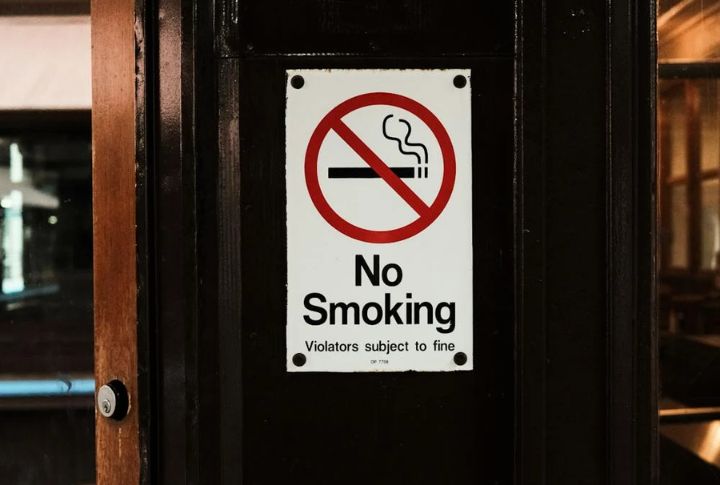
Smoking used to be allowed on domestic flights, in restaurants, and even in hospital waiting rooms. Over time, federal bans phased it out on planes, and statewide clean indoor air laws followed. Now, lighting up in public buildings can lead to fines or removal.
Unregulated Prescription Drug Advertising

Decades ago, drug ads faced few rules, and risk details were often missing. That changed in 1997 when the FDA enforced strict guidelines for transparency and balance. Now, companies must clearly share side effects and risks, which makes today’s prescription drug ads more common—but also far more regulated—than in the past.
Driving Without Seat Belts Or Car Seats
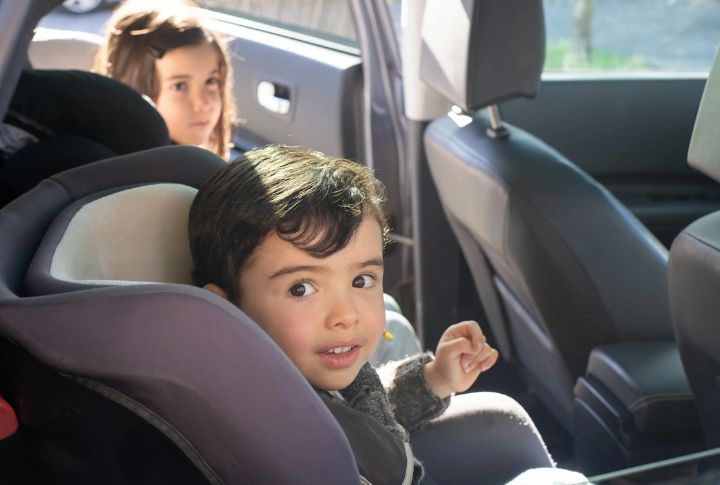
Seat belts weren’t mandatory in most states until the 1980s. Kids often sat up front or stood in moving cars. Now, all states enforce seat belt laws, and car seats are required for young children. Violations may result in fines and points on your license.
Burning Trash In Your Backyard
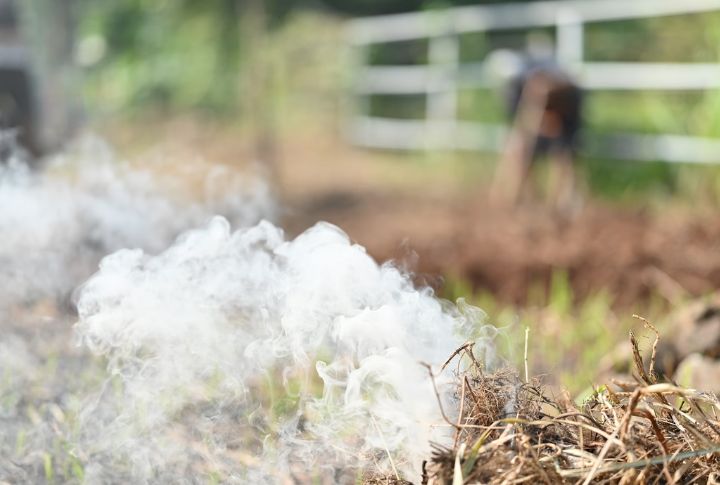
Disposing of household waste in a backyard barrel wasn’t unusual, especially in rural towns. That practice is now mostly illegal. Air pollution regulations, fire hazards, and dioxin concerns prompted municipalities and states to outlaw open burning, especially in areas with modern waste services.
Buying Cold Medicine Without Showing ID

Cold and allergy pills containing pseudoephedrine used to be easy to grab. After law enforcement connected them to illegal medicine production, Congress passed a federal tracking requirement. Now, photo ID is mandatory, and purchases are logged, with quantity limits enforced at both state and federal levels.
Drinking Alcohol In Public Parks Or Streets
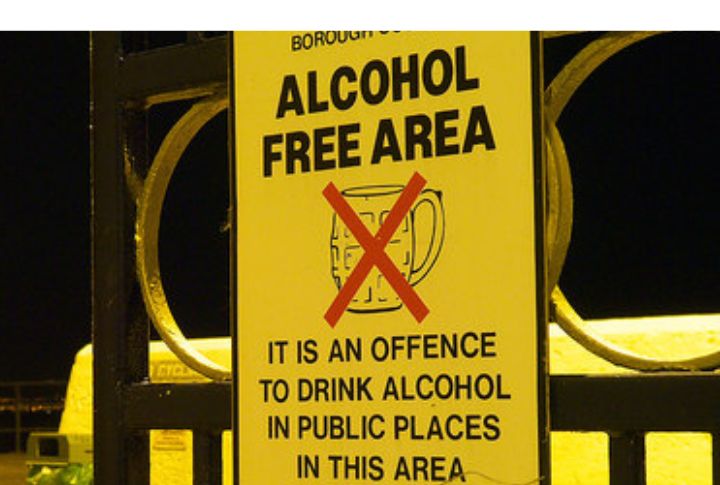
A sidewalk beer or a wine bottle at a picnic once raised no eyebrows. That leniency disappeared as cities adopted open container laws. These rules aim to curb public intoxication-related misconduct. Violations may lead to citations or even police intervention, depending on the location.
Fishing Or Hunting Without A License
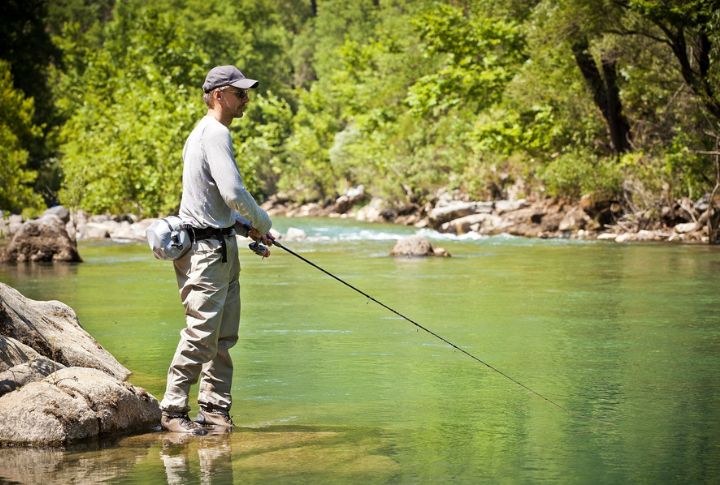
In the past, recreational hunting or fishing often happened without formalities. Today, it’s tightly regulated. State agencies issue required licenses and enforce seasonal limits. Wildlife conservation concerns and population control efforts drove the change, and skipping compliance now invites fines or even criminal charges.
Buying Fireworks At The Local Grocery Store
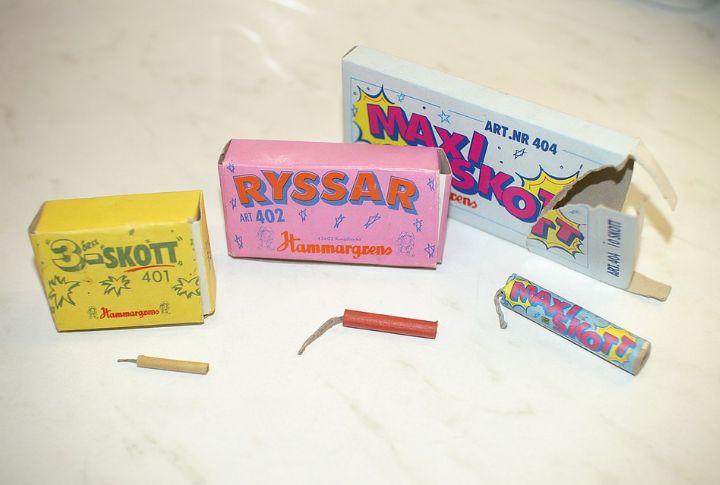
Fireworks were once sold openly in grocery stores and roadside stands. Due to fire hazards and injury rates, most states now restrict or ban consumer-grade fireworks. Laws vary by location, but possession or use of banned items can bring citations or confiscation.
Taking Raw Milk Across State Lines
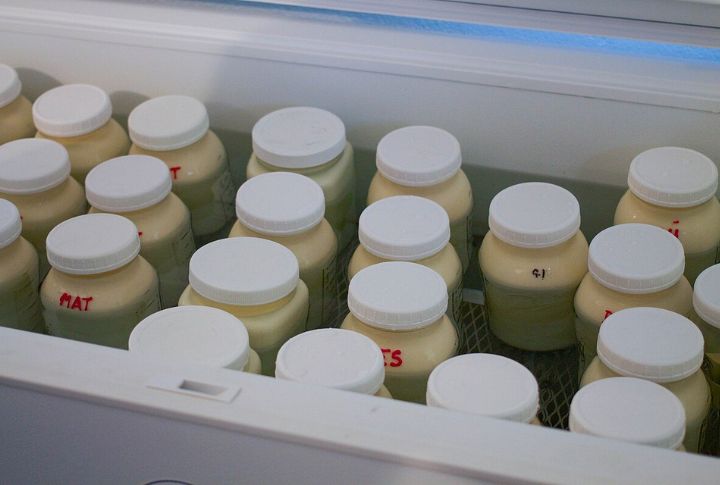
In the 1970s, raw milk was sold in various U.S. markets. By 1987, the FDA banned its interstate sale because of contamination risks. While some states still allow local sales, transporting unpasteurized milk across state lines remains federally prohibited under health and safety regulations.
Buying A Gun Through The Mail
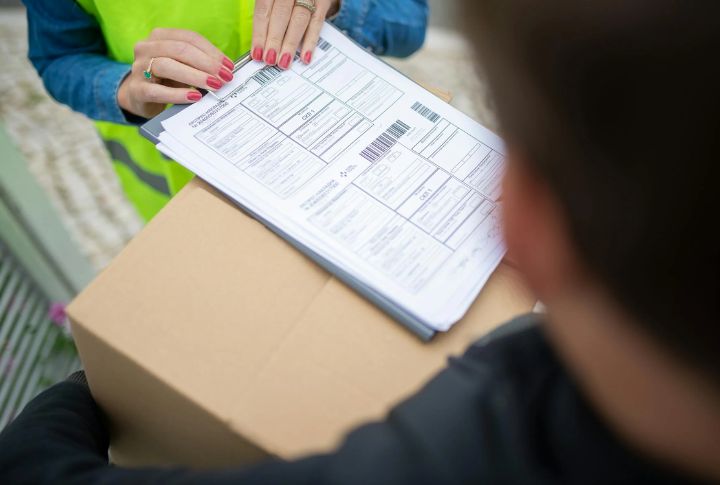
Mail-order guns were legal until the Gun Control Act of 1968. Now, firearms must go through a federally licensed dealer, and buyers must pass background checks. Private mail-order firearm sales across state lines without proper transfer procedures are illegal and carry federal penalties.

